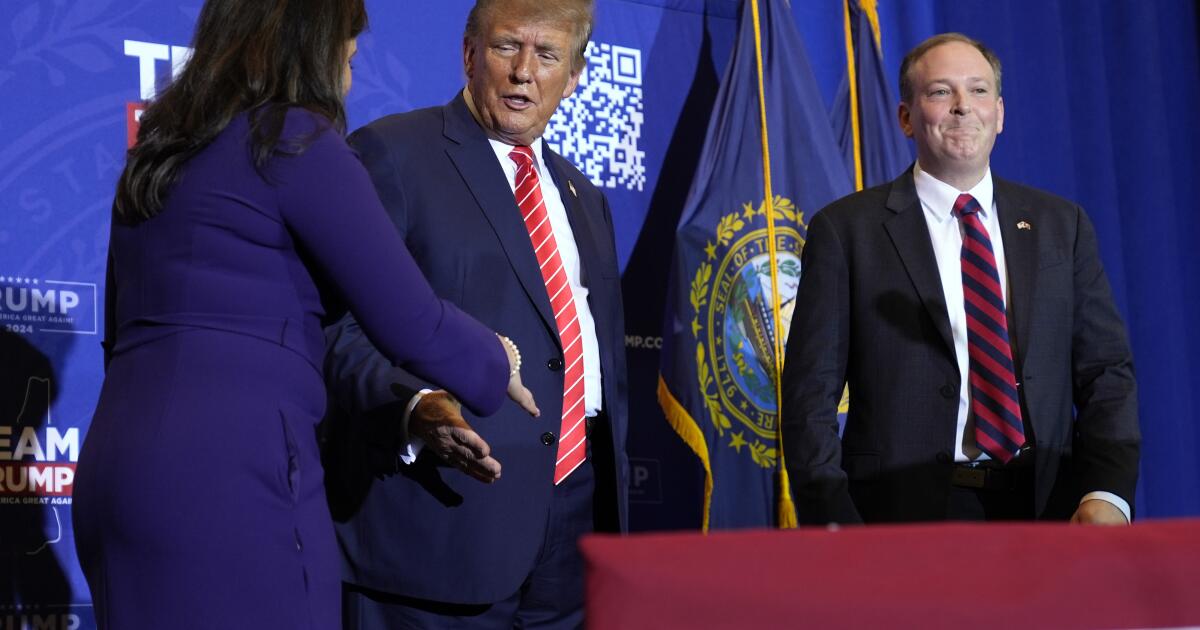RIO DE JANEIRO (Reuters) – The next chief executive of Petrobras, Magda Chambriard, arrives with the résumé and mandate to make Brazil’s state-run oil firm what it was under prior Workers Party governments: an engine of job creation and industrial development, said people familiar with the matter.
President Luiz Inacio Lula da Silva – who used Petrobras to spur domestic shipbuilding and major refinery projects during his earlier 2002-2010 presidency – has tapped the four-decade petroleum industry veteran to reboot that vision, sources said.
Petrobras shares tumbled on Wednesday on news of the CEO swap, as investors balked at the prospect of more intense capital spending that may mean sacrificing the generous dividends of recent years.
The shake-up at Petrobras has also led to the exit of the chief financial officer and is expected to hit other senior execs. It may also undercut former CEO Jean Paul Prates’ plans for offshore wind projects and a long-term transition to renewable energy.
Chambriard got her start in the industry as a Petrobras engineer in 1980 and ran Brazilian oil and gas regulator ANP from 2012 to 2016. She will be looking to breathe fresh life into domestic shipyards, fertilizer plants, refineries, and gas lines, said three sources with knowledge of the matter.
Reuters was unable to reach Chambriard for comment. She has not made public comments since being named.
Brazil’s struggling shipbuilding industry will be a top priority for her, said a source at Petrobras, citing Lula’s frustration by the failure of Prates to revive the job-intensive sector. Chambriard and Lula have discussed proposals to create shipbuilding jobs in at least three private meetings, said a source close to Chambriard.
The same source said that no plan to make changes to the company’s dividend policy had come out of the meetings between Lula and Chambriard. Another pet peeve of Lula, the president has complained publicly that the firm pays too much to shareholders while not investing enough in Brazilian industry.
With an expected increase in investments, dividends to shareholders will naturally fall, said the source.
Chambriard served as ANP director under former President Dilma Rousseff, Lula’s Workers Party successor and her personal friend, according to Allan Kardec, a former ANP director who worked closely with Chambriard at the agency for about four years.
Chambriard is likely to focus on expanding oil exploration and production at Petrobras, said Kardec.
He praised Chambriard’s deep technical background and said she shares a vision for Petrobras – where she worked for over 20 years – with Lula and the Workers Party. Petrobras workers union FUP praised her appointment, saying she shares their views on the need to strengthen Brazil’s shipbuilding industry and expand local refining capacity.
Kardec and Guilherme Papaterra, who also worked with Chambriard at ANP, both said they expect her to step up controversial efforts to explore for oil in the offshore Foz do Amazonas basin, part of the so-called Equatorial Margin.
The area is considered Brazil’s most promising frontier for oil exploration because it shares geology with nearby Guyana, where Exxon is developing huge fields. However, environmental regulator Ibama has denied a drilling license in the area, citing concerns about the impact on the region’s sensitive biome and Indigenous peoples.
Chambriard will bring a more “technical view” to the debate, said Papaterra. “In this Ibama discussion, in this issue of Foz do Amazonas… she has authority.”
(Reporting by Marta Nogueira and Rodrigo Viga Gaier in Rio de Janeiro, Sabrina Valle in Houston; Writing by Fabio Teixeira; Editing by Brad Haynes and Rosalba O’Brien)

